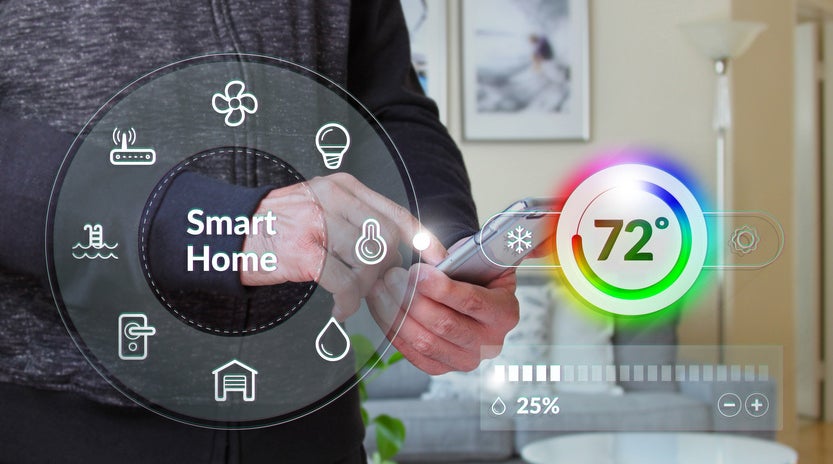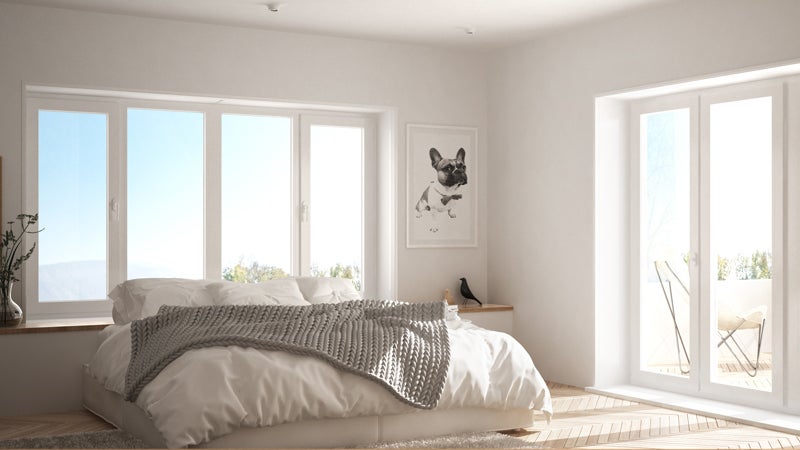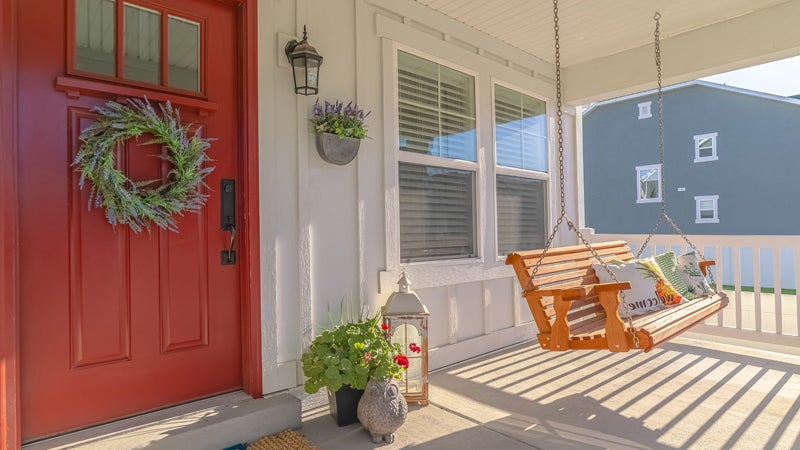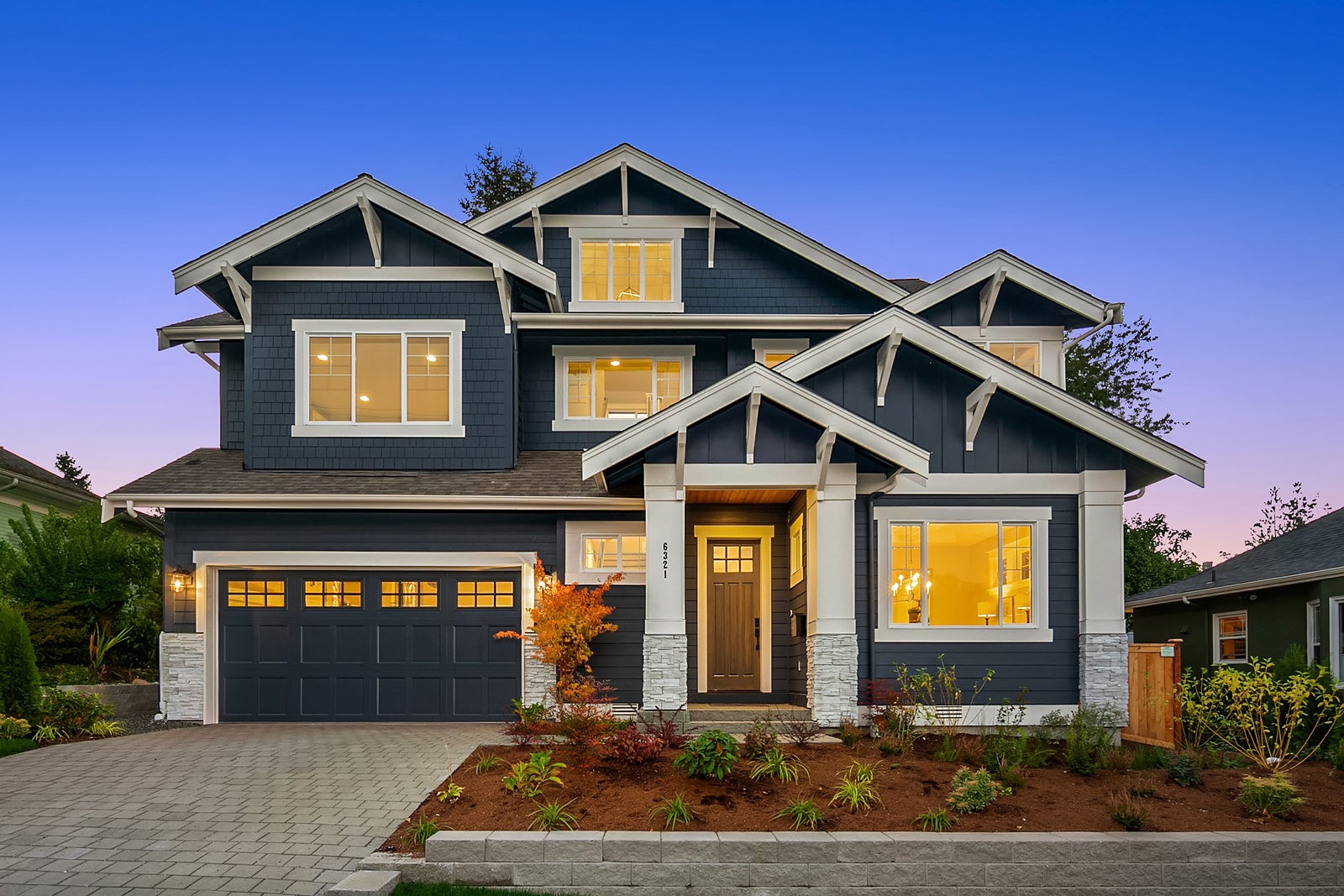
If your name is Alexa and you’re an actual person, you’re probably getting asked a lot more questions these days. ”Alexa, what time is it?” “Alexa, when is the next full moon?” “Alexa, how far is it to the nearest coffee shop?”
And you can thank Amazon for this annoyance.
Amazon launched the Echo in 2015 in the U.S. This cylindrical speaker connects to a voice-activated, computer-generated, smart home assistant named Alexa. Alexa is capable of answering questions (when properly phrased), playing music, acting as a timer or alarm clock, requesting an Uber ride, checking your calendar, making lists, reading audiobooks aloud, and reciting the news and weather updates. Of course, Alexa can also place your Amazon orders, too.
Yes, Alexa is smart, but is she the best smart home assistant for you?
Google Home emerged soon after Echo, and at a lower price point, while offering the same type of assistance. The Echo Dot, a hockey-puck-sized version of the larger Echo, gives you a very affordable entry into the smart home assistant experience.
If you want the most accurate “intelligence”, Google Home appears to have a slight edge. Digital agency Stone Temple quizzed both devices. Google Home was able to answer 3,383 questions, while Alexa was only able to answer 1,030. Of those responses, Google Home was correct 89.5% of the time, and Alexa achieved 86.9% accuracy. Alexa relies primarily on Wikipedia for information, while Google reaches a wider range of third-party sources, like Google Maps for checking traffic conditions.
Google Home can also remember your last question. So, if you ask, “Who won the last Super Bowl?” and followed up with “What was the score?”, you’d get both answers. With Alexa, your second question would have to be, “What was the score of the last Super Bowl?”
Amazon Echo, however, currently has the edge on managing your smart home devices, like your thermostat, lighting, security, home entertainment, and appliances, but Google Home is gaining ground. Compare the Alexa-enabled smart home devices with Google Home’s list of supported devices and partners.
Google Home will also connect your videos, photos, and television, via Chromecast. You can even tell it to skip ahead 30 seconds on a video, and show photos of a selected person, location or time period. Alexa isn’t quite as savvy.
Both Google Home and Echo offer hands-free calling. Tell them to call a contact from your list or ask your smart home assistant to find a phone number.
Apple is finally responding to the demand for the smart home assistant. The Apple HomePod is scheduled to launch before the end of the year. It promises to have superior audio, but like all Apple products, will also emerge in limited quantities and at a higher price than Google Home and Amazon Echo.





